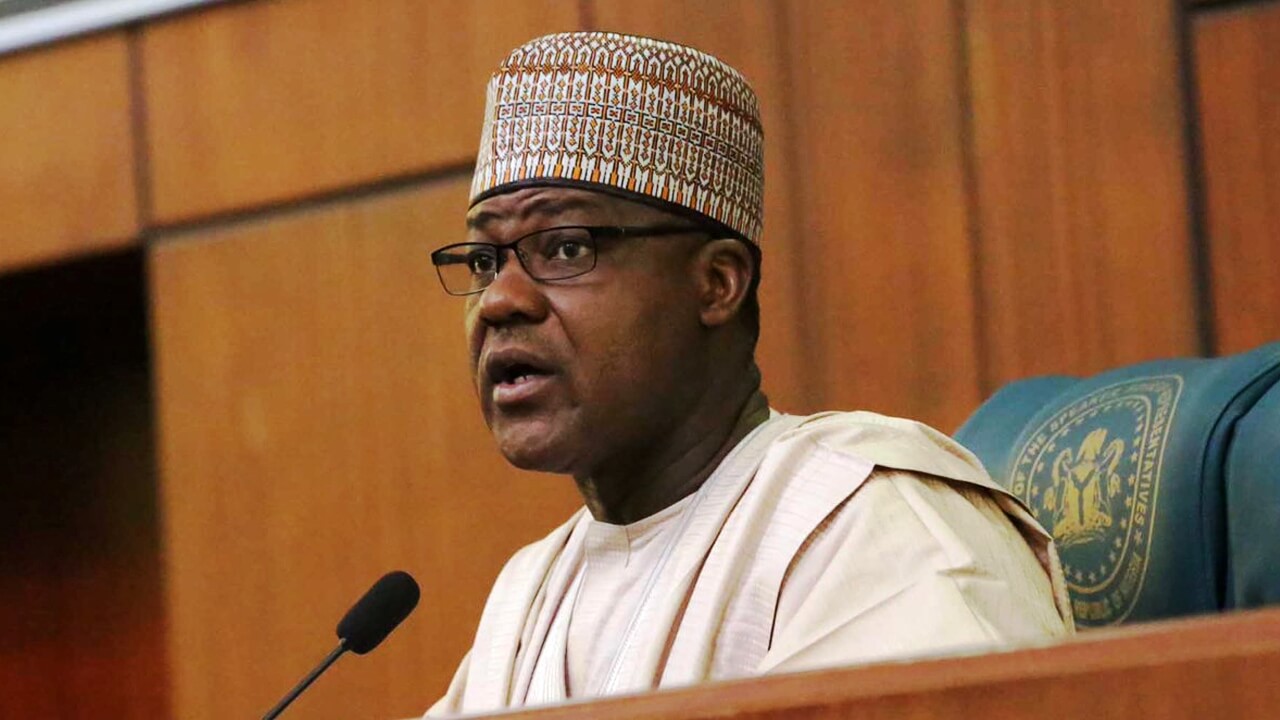The House of Representatives, on Monday, commenced probe of alleged financial impropriety and extra-budgetary spending in the Nigerian Ports Authority (NPA) and the National Inland Waterways Authority (NIWA).
The probe stemmed from seven maritime-related petitions received by the House Committee on Ports, Harbours and Waters, against terminal operators and service providers engaged by NPA and NIWA.
Advertisement
Some of the allegations bordered on Guaranteed Minimum Tonnage at the Nigeria Ports, extra-budgetary spending and other financial improprieties, as well as the alleged abandonment of dredging projects by companies contracted by the agencies.
Speaking at an investigative hearing today, Speaker Yakubu Dogara, expressed concerns that the heavy allegations could potentially affect the country’s economy if unchecked.
Dogara said,“While I commend the Executive Arm, and particularly the managements in the Maritime Industry for their efforts to reposition the Nigerian Maritime Industry for improved service delivery and enhanced contribution to economic growth, I must say that the maritime industry in Nigeria is yet to attain the desired and expected status of becoming the hub for international freight and trade in West Africa. In this regard, it has been observed that over the years, the Nigerian maritime industry has failed to attract the required local and foreign investment inflow that is proportionate to its contribution to both the Nigerian and West African economy, despite its great potential and enormous investment opportunities.”
“According to the National Bureau of Statistics in March 2018, Nigeria’s Ports dropped down the global ratings basically due to bad infrastructure. Interestingly, major competitors in the West African region, such as the Port of Lome in Togo, Port of Dakar in Senegal, and the Port of Cotonou in Benin Republic, all deliver better efficient services than the Nigerian Ports. This is really not acceptable.
Advertisement
“Some of the problems that have been identified as the reasons why the Nigerian Ports are performing so poorly include bad infrastructure, high cost of doing business and low draught at a lot of our major waterways. It is our hope that the Legislative exercise being carried out through this Committee will proffer lasting solutions to these problems,” said the Speaker.
Dogara equally expressed confidence that the dredging of other ports in the country could increase traffic and boost its economic productivity
He said, “It has also been pointed out by stakeholders that dredging our port channels will increase traffic to our ports and invariably increase economic productivity. For instance, if we have cargoes going up north to places such as Kaduna, Kano and Maiduguri, such cargoes would not need to go through Lagos, which is already so congested. But for this to happen, the channels of other ports need to be dredged. Reports have it that the Lagos water channel is about 14.5 meters deep, while the Port Harcourt and Calabar channels are less than 10 meters deep, which limits their capacity to receive big cargo ships. This explains why there is so much congestion at the Lagos Port. If we must make the expected progress in our Maritime Sector, all available resources must be accountably and prudently managed to meet the various demands for improved infrastructure.”
“If these allegations are anything to go by, we can understand why the sector has recorded persistent decline in performance and economic growth over the years. Suffice it to say that these are serious allegations which need to be looked into,” he said.



